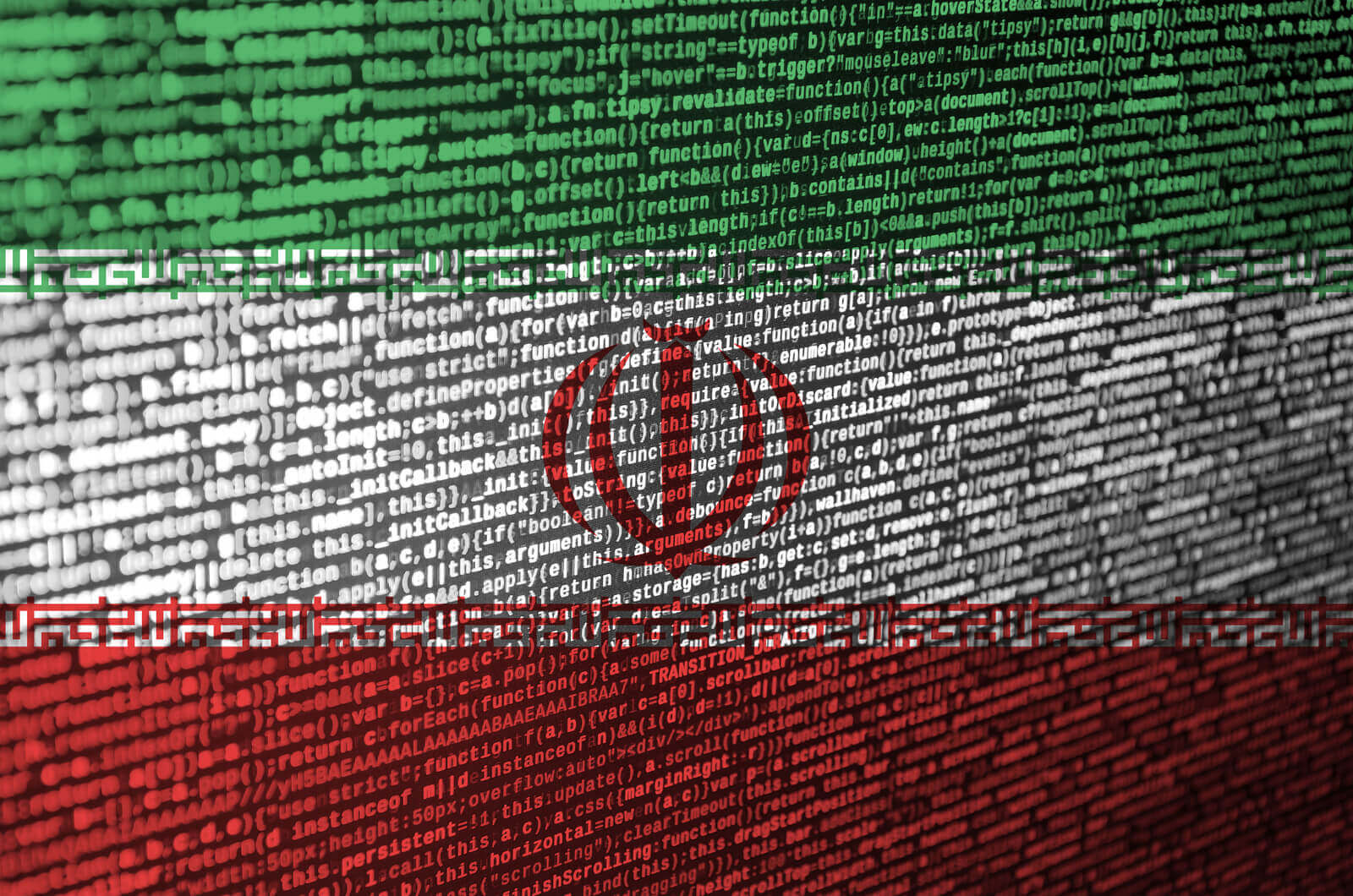According to a Monday report published by the Financial Times, a Western intelligence official alleged that in a cyberattack in April, Iran had attempted to increase chlorine levels in Israel’s residential water supply system. Six major water facilities were reportedly hit, but no major disruptions were made to water supply or waste management systems.
The Western official stressed that hundreds of people could have had a major health risk had the attack completely succeeded. “It was more sophisticated than they [Israel] initially thought,” they said, “it was close to successful, and it’s not fully clear why it didn’t succeed.”
Last week, Yigal Unna, a top official from Israel’s National Cyber Directorate insinuated that the attack may have intended to mix more chemicals into the water supply. There was also a chance that the attack could have activated a fail-safe, thereby completely turning off pumps during a deadly period of a heatwave in the country.
Two Israeli officials also told FT that the country’s then-defence minister Naftali Bennett had instructed a retaliatory attack on 9 May against Iran’s strategic Shahid Rajaee port, which they claim created an economic impact, did not risk any lives, but reminded Tehran of Israel’s capabilities.
Neither Iran nor Israel have officially acknowledged that their civilian infrastructure has been targeted or damaged, and neither governments have described in public the true severity of the same. While Unna did not mention Iran by name and neither did he comment on Tel Aviv’s alleged retaliation, he made an ominous warning that a “cyber winter is coming”.
Most recently on 21 May, Israeli media also accused Iranian hackers of attacking multiple Israeli websites, disabling their homepages with threatening messages. However, there was no official information regarding who perpetrated the attacks.
While Iran and Israel have, for years, engaged in high-tech hacks and cyber attacks against one another, these string of attacks on civilian infrastructure mark a new beginning of a rather “unpredictable risk scenario” that may begin a retaliatory and vengeful wave of cyberwarfare that both countries have avoided so far.
Image Source: LIFARS
“Cyber Winter” May Be Coming After Israel-Iran Attacks
June 1, 2020

